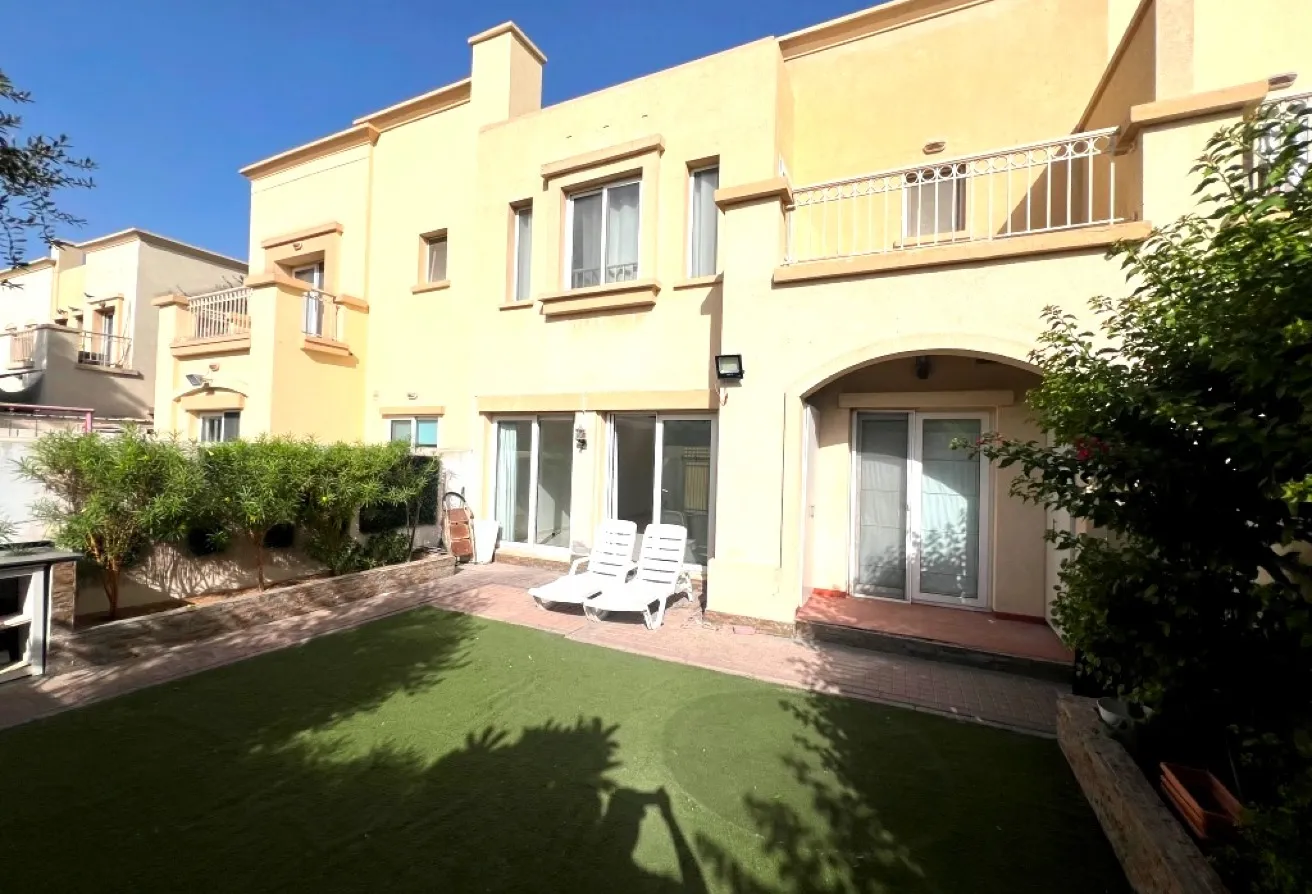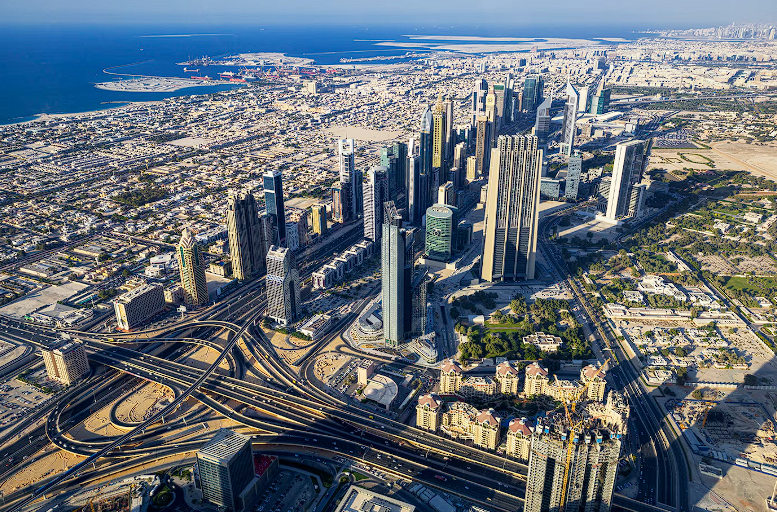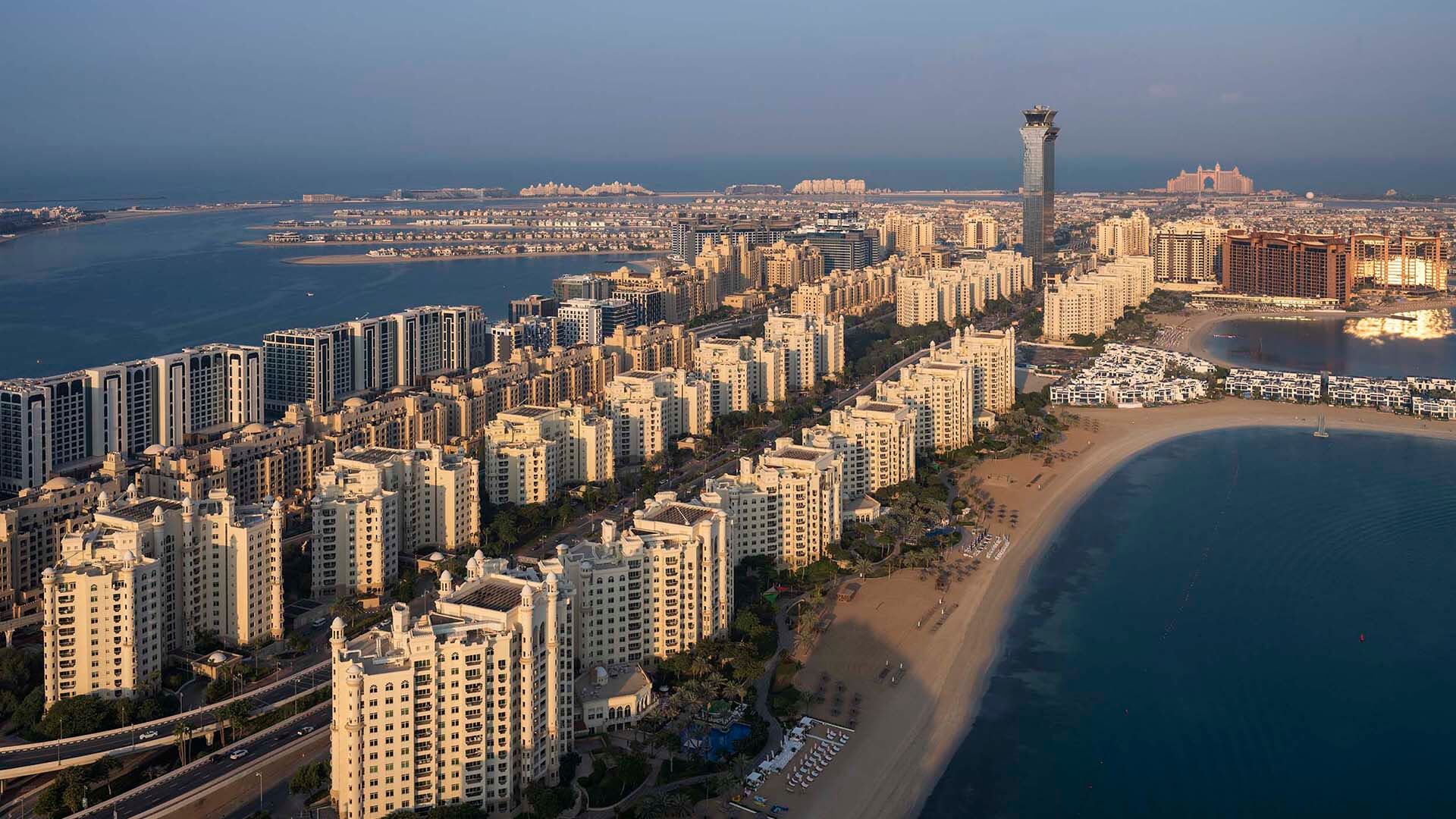Buying a home in a city like Dubai is a dream for many of us. However, the key factor that can make or break that dream is the mortgage interest rates in Dubai you choose.
With so many banks, loan options, and hidden charges, it can feel overwhelming to know where to start.
In this guide, we’ll break it down step by step, covering the latest home loan interest rates in Dubai, eligibility rules for expats and residents, and which banks are offering the most competitive deals.
By the end, you’ll know exactly what to look for before taking that big step toward your dream home.
Why Home Loan Interest Rates Matter in Dubai
When you’re buying property, you’re not just looking at the price tag; you’re looking at long-term affordability.
Here’s why mortgage interest rates matter so much:
- Monthly repayments change dramatically. Even a 0.5% difference can save (or cost) you thousands over the life of your loan.
- Banks calculate eligibility based on rates. A higher rate can reduce how much you qualify to borrow.
- Peace of mind. A manageable repayment means you can enjoy your new home instead of worrying about bills.
Think of interest rates as the steering wheel of your mortgage; they control the direction your finances take.
That’s why checking home loan interest rates in Dubai before signing is one of the smartest moves you can make
Current Home Loan & Mortgage Rates in Dubai
Banks update their home loan rates in Dubai regularly, depending on factors like EIBOR, loan tenure, and whether you’re a resident or expat.
Mortgage interest rates in Dubai usually fall between 2.99% to 5.5%, depending on:
- The bank you choose
- Fixed vs variable rate options
- Loan tenure (shorter loans = lower rates)
- Your credit profile
Fixed vs Variable Rates: What’s the difference?
- Fixed-rate mortgages: Your rate stays the same for 1–5 years. Best for stability.
- Variable-rate mortgages: Rate changes with market conditions. Riskier, but can save money if rates drop.
Most expats choose a fixed-rate mortgage initially to plan better, then switch later if market conditions improve.
To explore all the types of mortgages in Dubai in detail, it’s worth checking which option suits your budget and goals best.
The good news? With strong regulation by the UAE Central Bank, banks in Dubai offer some of the most competitive mortgage interest rates in the region.
Best Banks for Mortgages in Dubai
Different banks in Dubai have different policies for expats and residents, and their mortgage interest rates in Dubai can vary just as much.
Some banks are lenient with paperwork (a more straightforward documentation process, especially for expats).
Other banks focus on offering lower interest rates (but might have stricter requirements).
Emirates NBD – Known for competitive fixed-rate packages.
HSBC Middle East – Flexible expat-friendly mortgages.
Dubai Islamic Bank (DIB) – Sharia-compliant home financing.
Mashreq Bank – Attractive starting rates, but keep an eye on fees.
ADCB (Abu Dhabi Commercial Bank) – Balanced fixed and variable options.
When comparing banks, don’t just look at the headline rate. Consider:
- Processing fees
- Early repayment charges
- Insurance requirements
The “best home loan in Dubai” isn’t just the one with the lowest rate; it’s the one that fits your situation with minimal hidden costs.
Eligibility for Expats & Residents
Many first-time buyers worry: “Can I even get a home loan as an expat in Dubai?” The answer is yes, but with conditions.
For Expats:
- Minimum monthly salary: usually AED 15,000+
- Age: Between 21 and 65 at loan maturity
- Loan-to-Value (LTV): Up to 75–80% of property value
- Employment proof: Salary certificate, bank statements, and a valid visa.
For UAE Residents (Nationals):
- Slightly higher LTV allowed (up to 85%)
- Lower salary requirements in some cases
- Faster approvals due to established credit history
Remember: Banks use the Debt Burden Ratio (DBR) rule from the UAE Central Bank. Your total debt (including the new mortgage) can’t exceed 50% of your monthly income.
If you’re new to the market, here’s a complete guide on how to get a mortgage in Dubai that walks you through every step
Hidden Mortgage Fees You Should Know
Here’s where many buyers trip up. It’s not just the interest rate you need to factor in extra costs:
- Processing fee: Usually 0.5–1% of the loan amount
- Valuation fee: AED 2,500–3,000 (bank assesses your property’s worth)
- Insurance fee: Life and property insurance may be mandatory
- Early settlement charges: 1% of the outstanding loan (capped by law)
- Switching fee: If you move to another bank, expect charges
These hidden costs can add up to tens of thousands of dirhams. Always ask your bank for a full fee sheet before signing.
Tips to Get the Lowest Interest Rate in Dubai
Now the part everyone wants to know is how to actually secure the best deal.
- Maintain a good credit score. Banks reward financially disciplined borrowers.
- Choose the right tenure. Shorter tenures often mean lower rates.
- Compare multiple banks. Don’t settle for the first offer; shop around to find the lowest home loan interest rate available.
- Negotiate. Many banks are open to matching competitor rates if you ask.
- Leverage your employer. If your company has ties with a bank, you may get preferential rates.
- Keep debt low, a lower Debt Burden Ratio = better offers.
If you’re an expat, work with a mortgage broker. They often know which banks are flexible with documentation and approvals.
Final Thoughts
Buying a property in Dubai is a dream for many, but making it a smart investment depends on choosing the right mortgage.
Don’t just look at the property price; focus on the home loan interest rate in Dubai and the current Dubai mortgage rate before making a decision. Understand the difference between fixed and variable rates. Compare banks, check eligibility, and never ignore hidden fees. Finally, use the tips above to ensure you get the lowest home loan interest rate possible.
Need expert help navigating mortgages?
Legacy Dubai can guide you to the best home loan interest rates and tailored solutions.
FAQs about mortgages
Home loan interest rates in Dubai typically range from 2.99% to 5.5%, varying by bank, loan tenure, and type of mortgage (fixed or variable rate).
Expats need a 20–30% deposit, while UAE Nationals can start from 15%. Mortgages last up to 25 years, with repayments capped at 50% of income, and the borrower must be under 65–70 years old when the loan ends.
The minimum salary required for a house loan in Dubai is usually AED 10,000 per month for UAE Nationals and AED 15,000 per month for expats. Some banks may accept slightly lower incomes depending on the applicant’s overall financial profile, but these are the standard thresholds followed by most lenders.
Yes. Indian expats can apply for home loans in Dubai if they meet eligibility requirements, including a minimum salary, a valid UAE residency visa, and proof of income. Loan-to-Value (LTV) ratios and rates vary by bank.
It depends on your profile, loan tenure, and bank policies. Comparing multiple lenders is the best approach.






